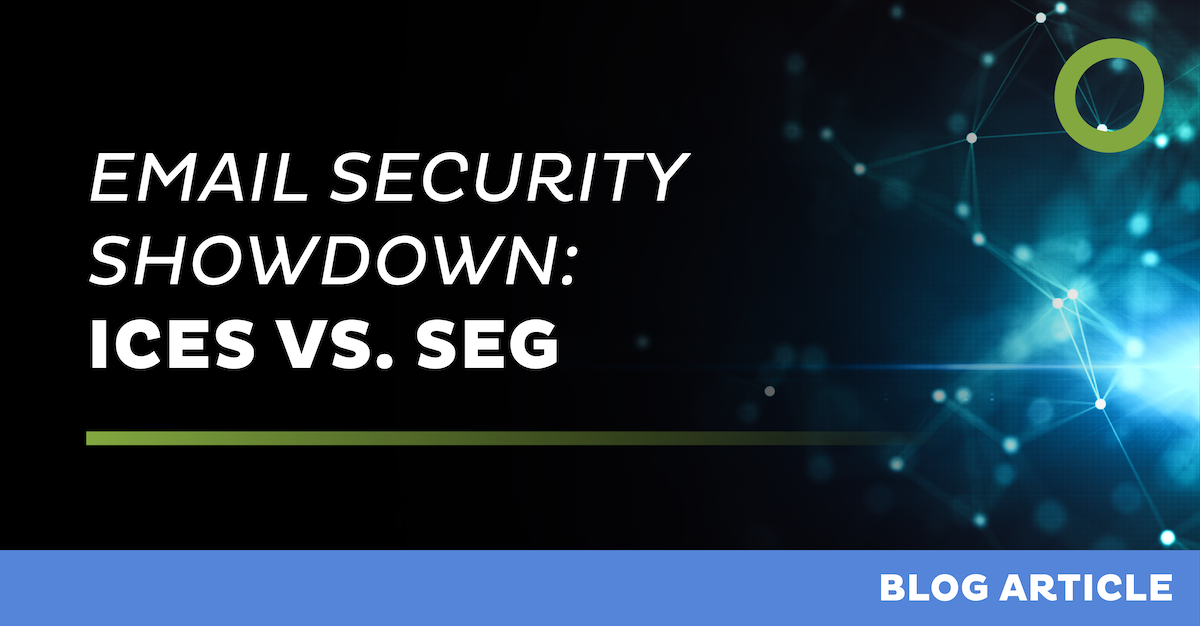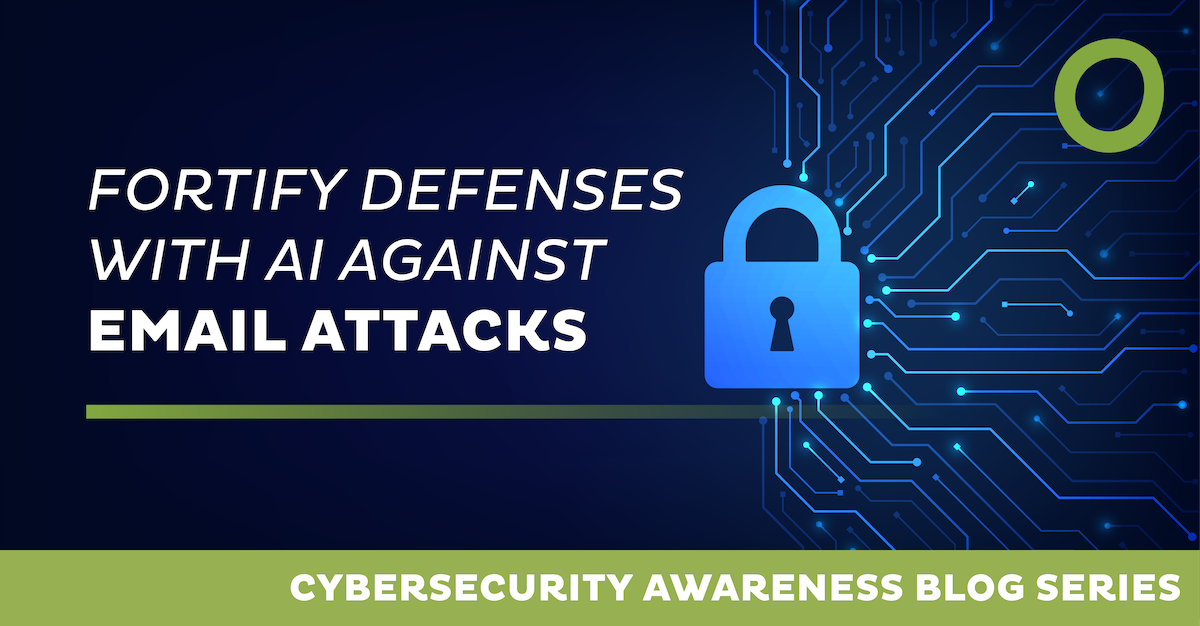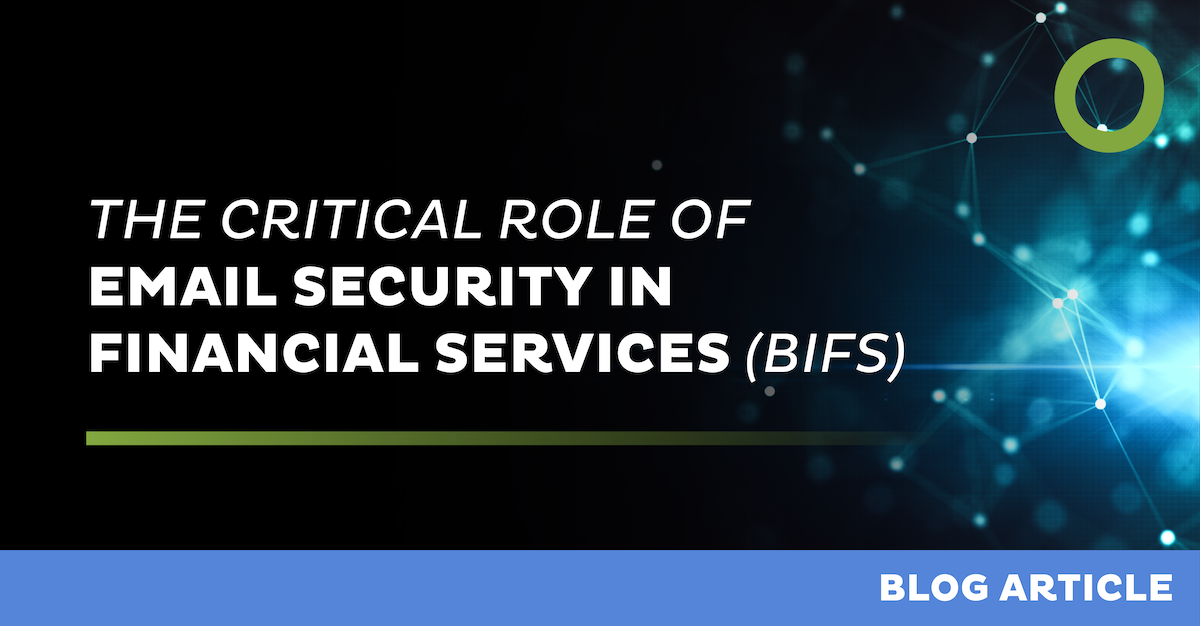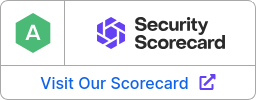
Healthcare Email Security: Ensuring HIPAA Compliance & Safeguarding Patient Data
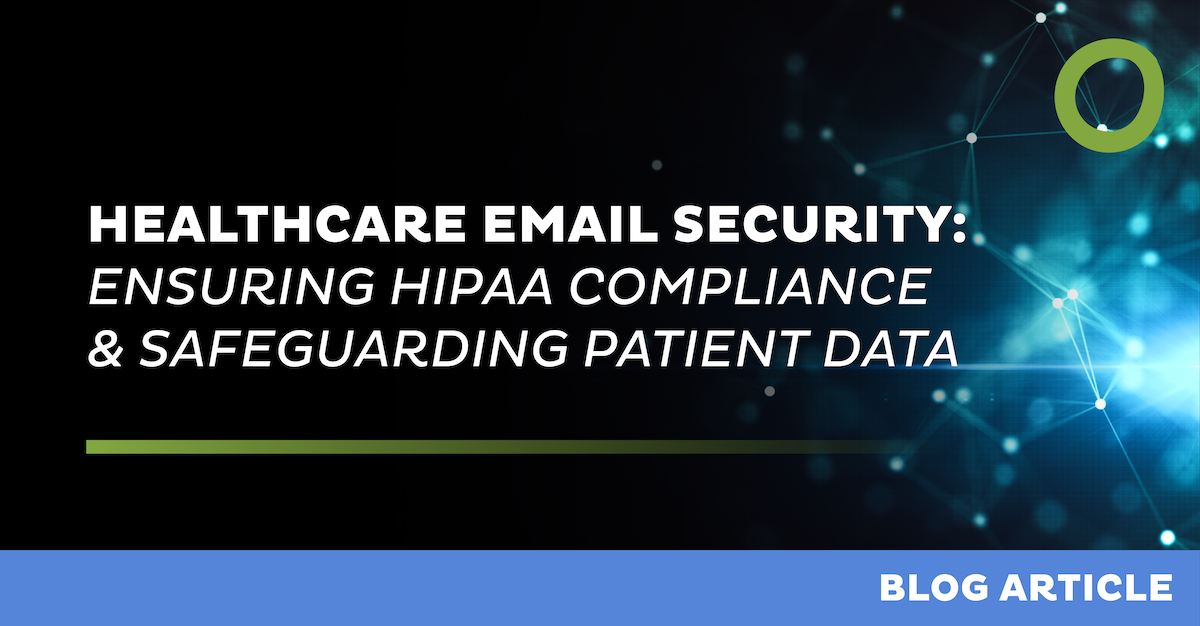
Why Email Security Is Critical in Healthcare
The Rising Threat of Email-Based Attacks on Healthcare Organizations
Health organizations are not exempt from being targeted by cybercriminals – with increasing tendency. As email remains the primary communication tool in the sector [1], it is a significant target for threats such as phishing and ransomware. By compromising email systems, attackers can gain access to sensitive patient data, which can be used for identity theft or sold on the dark web.
Consequences of Email Breaches for HIPAA-Regulated Entities
For HIPAA-regulated entities, the consequences of email breaches are severe. They can result in hefty fines [2], legal actions, and reputational damage [3]. Organizations may then face penalties for non-compliance with HIPAA regulations, which can amount to millions of dollars, depending on the severity and extent of the breach.
Real-World Examples of Healthcare Email Security Failures
Numerous healthcare organizations have experienced significant breaches due to inadequate email security [2]. For instance, high-profile cases involving stolen credentials and phishing attacks have led to unauthorized access to patient information. This highlights the urgent need for effective email security measures.
HIPAA Requirements for Email Communications
Under the HIPAA Security Rule, healthcare organizations are required to implement a layered defense around email to safeguard electronic protected health information (ePHI). This includes deploying phishing- and malware detection to prevent malicious messages from reaching users, and enforcing DMARC, SPF, and DKIM to ensure the integrity and authenticity of email communications.
HIPAA also mandates safeguards for transmission security, which makes email encryption essential whenever ePHI is shared externally. To meet audit and compliance obligations, organizations must retain and archive email audit logs that record system activity, enabling investigators to trace potential breaches.
Finally, HIPAA requires documented incident response workflows, ensuring that when a phishing compromise or email breach occurs, the organization can detect, contain, and report it within the required notification timelines.
How Open Systems Supports Healthcare Email Security
Open Systems supports healthcare organizations with a comprehensive Email Security solution that strengthens defenses against today’s most advanced threats while aligning with HIPAA requirements.
Our Advanced Threat Protection leverages multiple curated security feeds, including zero-day intelligence, combined with AI/ML-driven phishing detection to block malicious emails.
We provide expert technical support for implementing and maintaining SPF, DKIM, DMARC, and email encryption, and our team continuously monitors and operates these protections 24×7.
To ensure compliance and audit readiness, we retain of detailed email audit logs, and our security specialists deliver round-the-clock incident response support to rapidly contain and remediate email compromises.
Sources
[1] https://www.managedhealthcareexecutive.com/view/email-remains-a-leading-security-risk-in-healthcare
Leave Complexity
Behind
To learn how Open Systems SASE Experience can benefit your organization, talk to a specialist today.
Contact Us

 Pierre Morel, Product Marketing Manager
Pierre Morel, Product Marketing Manager 